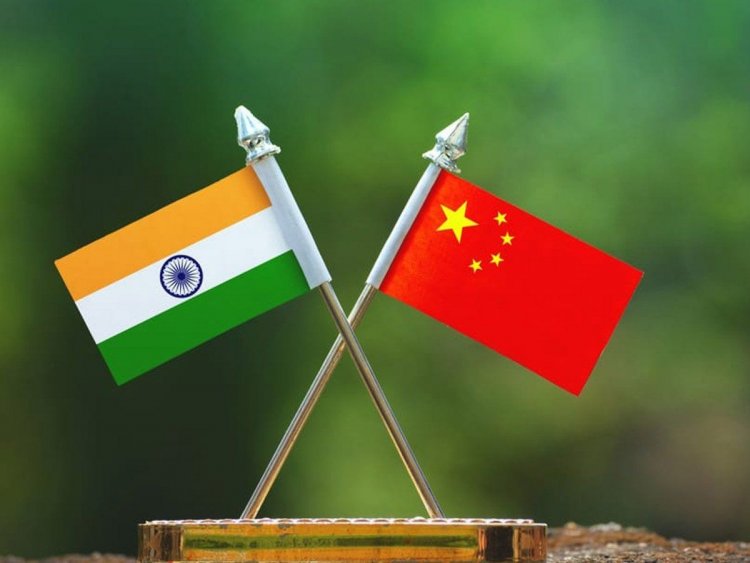India - China: Must Accommodate Each Other
STORIES, ANALYSES, EXPERT VIEWS

India, China relations have been on the downswing lately with the second stalemate along the Line of Actual Control (LAC) in Ladakh. This was after the extended stand-off at Doklam in Bhutan. As a result, India has moved closer towards the US and is now more open towards the Quad and Indo-Pacific. The conflict in Ukraine has the potential to turn upside down past policy calculations. There is a small group of analysts who suggest India more closer to China after Ukraine has demonstrated that countries are by themselves in the event of a war.
The Ukraine conflict has thus provided analysts an opportunity to re-think India, China relations. Analyst Sunanda K. Datta-Ray for example, suggests that “India and China must accommodate each other in an emerging Concert of Asia instead of bickering over rocks and rivers…..
“Understandably, both sides are weighing up costs and opportunities as they try not to fall off the diplomatic tightrope. India is anxious to avoid American sanctions over its $5 billion purchase of Russia’s S-400 missile defence system without jeopardising ties with Moscow as it tries to ensure Indo-Pacific security with possibly reduced Western participation. For China, the priorities are Taiwan, its island claims against Japan and several Asean members, business with Russia and the global space it covets. It was unrealistic to expect the UN Security Council to solve these problems; it would be equally unrealistic not to factor in the impact on Asian economies of the higher cost of fuel, soaring inflation, tightening interest rates, and the need to abandon many budgetary premises.”
It therefore, “serves little purpose in the circumstances to brand China a rogue state…..”
M.K. Narayanan, India’s former national security adviser, had warned nine years ago that President Xi Jinping’s stress on “the renewal of the Chinese nation” left “little room for doubt that China would be uncompromising in defending its core national interests”. It is in India’s interest to attempt some understanding of those supposed interests in Nepal, Bhutan, the Indian Ocean, Arunachal Pradesh and Ladakh. Both Mr Narayanan’s warning, and the consequent need for India to take appropriate action, remain even more pertinent today but need not mean everlasting enmity. What they do demand is an awareness of the long-term basis of what China calls its ‘peaceful rise’, a thorough understanding of the impact of these needs on India’s own requirements, and a comprehensive and coherent response that recognises China’s centrality in Asian affairs……”
















